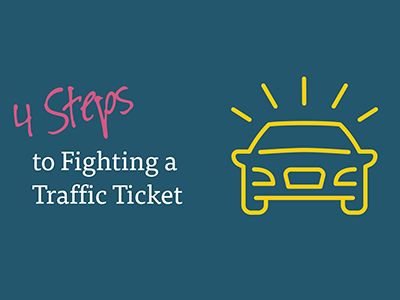For many things in life, racking up points is a good thing – like in a basketball game or the stock market. But a quick driver’s license check may show you have more DMV points than you realize – and that’s not so great.
These points can take a toll on both your driver's license record and your wallet, so it's wise to check your license status to find out how many points you have. It's also important to know how long points stay on your license. This guide will help you answer those questions.
DMV points defined
If you’re like many drivers, maybe the term "DMV points" doesn’t ring a bell. Here’s how it works: for each driving violation, you receive a specific number of Department of Motor Vehicle (DMV) points, which goes on your driving record. While most states use a point system to handle moving violations, other states simply take action against your driver's license based upon the severity of your violation.1
The number of points for each violation and the amount of time those points stay on your record also vary by state laws, but essentially, too many points on your record can mean:
- Losing your driver’s license
- Being temporarily barred from driving
- Possible probation
- Additional fines or penalties
- Required completion of a defensive driving course2
How the point system adds up
While each state determines its own point system or code violations, here are a couple of examples of how the point system is put into effect:
In State A: Most moving violations count as one point. If excessive speed is involved, that may count as two points. Your license is suspended if you receive four points in a year, six in two years or eight in three years.
In State B: Minor violations (e.g., moderate speeding, illegal turns) count as two points. More serious violations such as running a stoplight count as three, four or five points. If you receive 12 points within three years, your license gets suspended.
The added costs of accumulating points
Accumulating a certain amount of points on your state driving record is costly. Your insurance premiums will probably increase, and if your license is suspended or revoked, you will probably pay hundreds of dollars in fines and fees to get your license reinstated, not to mention potential court costs and legal fees. Plus, there’s the potential for lost income if you are not able to drive to work or attend court proceedings.
Can you remove points from your license?
The good news is that most states have policies that allow you to remove points from your total. Most often, these include completion of a state-approved driver education course and maintaining a clean driving record for a designated period of time.
The best way to hold onto your license is to avoid getting points by driving safely and carefully, keeping track of the points you've earned, contesting tickets when possible and attending traffic school to wipe points off your record.



